Uncategorized
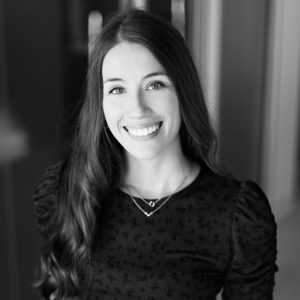
Amélie Sanfaçon-Verret wins Chief Scientist Award at Science POP 2023 Final
Amélie Sanfaçon-Verret, a PhD student in rehabilitation sciences at Université Laval, affiliated with Cirris, recently won the 1st Chief Scientist Award (valorization challenge) at the 2023 Science POP national grand finale. Her presentation entitled Speech Language Pathology Care Adapted to the Atikamekw Nation: A Necessity! valued research aimed at improving access to culturally safe speech-language pathology care, adapted to the Atikamekw Nation, and contributing to improving the quality of life of its members.
The provincial science communication final, organized under the aegis of the Fonds de recherche du Québec-santé (FRQS), was held on May 28 at the Institut de recherches cliniques de Montréal (IRCM). Fifteen Quebec research institutions took part in the 2023 edition of this popular science competition, which aims to promote science-society dialogue.
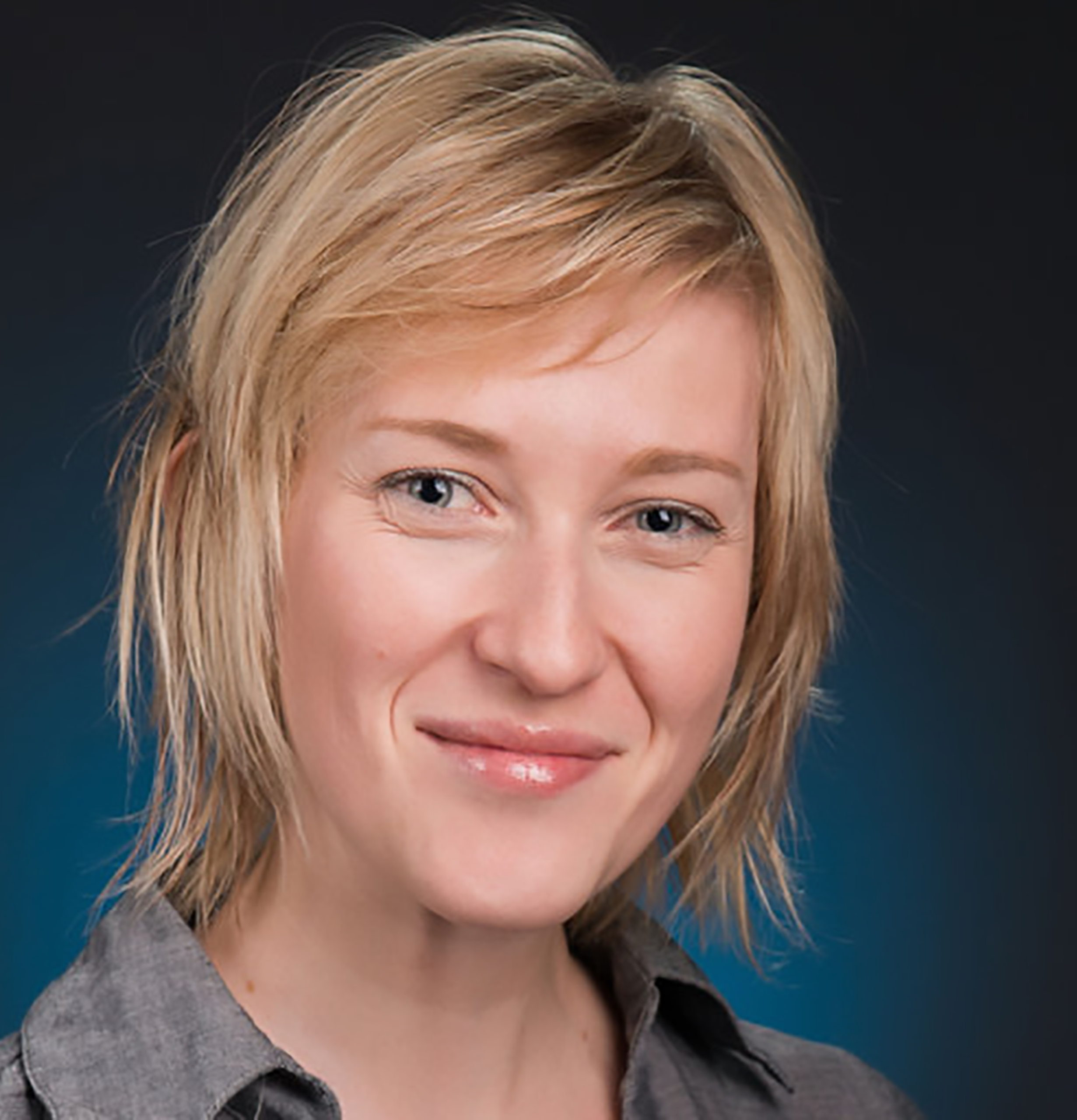
Emmanuelle Careau wins the Université Laval Young Graduate Award
Emmanuelle Careau, a regular researcher at Cirris, is the second recipient of the 2023 Young Graduate Award awarded by the Fondation de l’Université Laval as part of the annual recognition of Les Remarquables. An occupational therapist by training and a graduate of a master’s degree and doctorate in experimental medicine – adaptation/rehabilitation from Université Laval, she has distinguished herself in the fields of interprofessional training and collaborative practices.
Professor at the University since 2013, Emmanuelle Careau was appointed Vice-Dean of Social Responsibility of the Faculty of Medicine in 2017, then Vice-Dean of Professional Development, Pedagogy and Social Responsibility in 2022. Previously, she was Scientific Director of the Collaborative Network on Interprofessional Practices (CNIP) and representative of Quebec and Université Laval on the Pan-Canadian Consortium for Interprofessionalism in Health (CPIS).
The Fondation de l’Université Laval spoke with Ms. Careau during a podcast, where she explains the concept of social responsibility through the care and services offered to the population. “It’s important to train health professionals and do research to ensure that care and services remain relevant to everyone and remain as equitable as we […] lives in the city or whether you live in a region or even in remote areas,” she says.
Organized by the Fondation de l’Université Laval, the annual Les Remarquable recognition brings together the winners of the Young Graduate Award, reserved for those aged 40 and under, and the Grand Graduate Award, awarded to those aged 41 and over.
The Grand diplômé award has been awarded since 1952 to Université Laval graduates who, through their professional activities and their contribution to society, bring honour to Université Laval and their profession. Among the most notable graduates are Sophie Brochu, the Right Honourable Brian Mulroney, Manon Brouillette, Jean-François Lépine, Pauline Marois and Yvon Charest.
Awarded since 1987, the Young Graduate Award recognizes the exceptional merit of Université Laval graduates who are having a dazzling start to their careers. Among the most notable winners of the Young Graduate Award are Laurent Turcot, Marie-Maude Denis, Stéphanie Harvey and Luc Langevin.
Source: Université Laval
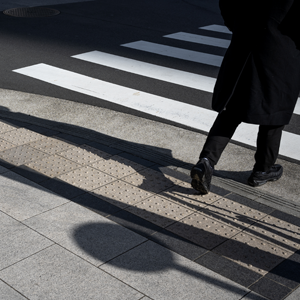
Seniors at higher risk of pedestrian collisions
When driving in a public place, seniors use a different pedestrian avoidance strategy than young people, shows a team from Université Laval following experiments in a virtual environment. The slower reaction time to adjust their movement could lead to unfortunate consequences.
“Our results suggest that older adults need more time to analyze the visual information they collect. As a result, their attention is diverted from obstacles that may be in their way. In seniors with mobility or balance problems, this circumvention strategy could increase the risk of hitting an object or making a misstep resulting in a fall,” says the professor at Université Laval’s Faculty of Medicine and researcher at the Centre interdisciplinaire de recherche en réadaptation et intégration sociale (Cirris) of the CIUSSS de la Capitale-Nationale, Bradford McFadyen.
To arrive at these results, the team studied the circumvention strategies of 14 young people with an average age of 24 and 14 people over the age of 70. Participants were walking through a virtual reality environment representing a shopping mall.
“They were asked to walk with a normal step towards a food counter. During the journey, a virtual pedestrian appeared in their field of vision and walked towards them. Participants had to get around it,” says Professor McFadyen.
During the tests, the research team measured, among other things, the observation time of the virtual pedestrian, the location of the participants looking, the virtual pedestrian-pedestrian distance at the time the bypass was initiated, and the minimum bypass distance.
Their results revealed that older adults:
• look at the virtual pedestrian 70% of the time, compared to 50% for young people;
• spend half as much time as young people looking at the environment;
• spend twice as much time as young people observing the legs of the virtual pedestrian;
• initiate the bypass later when they are 1 m closer to the virtual pedestrian.
When the virtual pedestrian moved without wiggling the limbs, members of both groups began the bypass earlier, but the difference was more pronounced among the elderly. “This indicates that the movements of the virtual pedestrian limbs are being used to plan the bypass. When deprived of this information, participants, especially older people, are more cautious,” says Professor McFadyen.
To improve the avoidance strategy of older adults and prevent accidents, Professor McFadyen points out that the virtual environment used in the study could serve as a training tool for people whose mobility is reduced due to age or health problems such as stroke.
This study was published in the scientific journal Human Movement Science. The authors are Félix Fiset and Bradford McFadyen of Université Laval and Anouk Lamontagne of McGill University.
Source:
Public Relations and Protocol Team
Université Laval

Presenters stand out at the Cirris 2022 Student Conference!
On Thursday, September 29, the 11th Cirris Student Conference was held at the Musée National des Beaux-Arts du Québec. The event generated rich exchanges between students, panelists and members of the scientific community. It also allowed participants to appreciate the diversity of research projects underway at Cirris! Thank you to everyone present and congratulations to the recipients of the awards for the best oral or poster presentations:
Award for The Best Oral Presentation
• Flavie Bédard-Bruyère
• Marie-Pier Gingras
• Myriam Chrétien Vincent
• Isabelle Bradet-Lévesque
Award for the 2nd best oral presentation
• Béatrice Ouellet et Caroline Charrette
• Maude Gagnon
• Justine Marcotte et Maxime Kiki
• Noémie Fortin-Bédard
Best Poster Presentation Award
• Alexandre Thibeault-Piedboeuf
• Ghada Derbel
• Mégane Lacombe-Thibault
• Laurence Bergeron
• Ophélie Martinie
• Valérie Coulombe
• Léane Beaulieu-Laliberté
• Audrey Lalancette
• Rose Gagnon
Knowledge Transfer Award
• Sheryl Bourgaize
A huge THANK YOU also to all our sponsors without whom this event would not have been possible:
MAP, Participation sociale et villes inclusives, Bia formations, MEDTEQ, Fonds de recherche du Québec (FRQS), Réseau Provincial de Recherche en Adaptation-Réadaptation (REPAR), Centre Thématique de Recherche en Neurosciences (CTRN), Ordre professionnel de la physiothérapie du Québec (OPPQ), Chaire de recherche en paralysie cérébrale de l’Université Laval (CRPC), Physiothérapie Nomade, Fédération des kinésiologues du Québec, Fondation Élan, Clinique Synapse, La Clinique Du Coureur, Office des personnes handicapées du Québec (OPHQ), Coop Zone, Physio Interactive et Clinique Cortex, IMPAKT Scientifik, Centre dentaire Julie Beaudoin, ACCEM ULAVAL et Braver
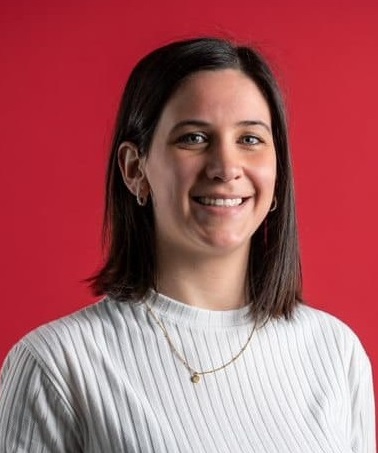
Marianne Boyer published in IEEE Sensors
Congratulations to Marianne Boyer, a student at Cirris under the supervision of Professor Alexandre Campeau-Lecours, for her article entitled Calibration and Adjustment Algorithm to Attenuate the Effect of Arm Orientation on a sEMG-Based Muscle Fatigue Indicator, which has just been published in the prestigious journal IEEE Sensors!
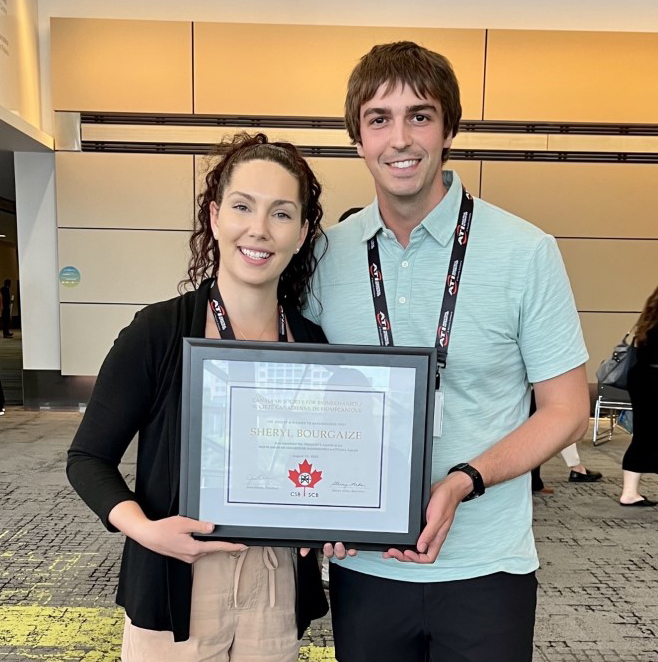
North American Congress on Biomechanics: Sheryl Bourgaize and Félix Fiset win the honours!
Congratulations to Cirris’ students Sheryl Bourgaize and Félix Fiset who won the Canadian Biomechanical Society President’s Award for their poster presented at the North American Congress on Biomechanics. The event took place from August 21 to 25 at the Shaw Centre in Ottawa!
Sheryl Bourgaize is co-supervised by Bradford James McFadyen and Michael Cinelli (WLU), and Félix Fiset by Bradford James McFadyen and Anouk Lamontagne.

Thesis defense of Pierre Langevin
The effects of different rehabilitation approaches following mild traumatic brain injury
Pierre Langevin / PhD student in Clinical and Biomedical Sciences
Wednesday, 14 September 2022, at 13.00
Ferdinand-Vandry Hall, room VND-1211, Université Laval

An investment of $960,000 for the implementation of a sustainable health innovation evaluation network
The CIUSSS de la Capitale-Nationale will be able to count on an exceptional budget of nearly one million dollars to develop the new Réseau d’évaluation de l’innovation en santé durable (REISD), an initiative that aims to showcase the expertise and know-how of Quebec researchers and entrepreneurs. This initiative will benefit from the support of Cirris’ Bureau des Partenariats et de l’Innovation (BPI) and will allow the CIUSSS de la Capitale-Nationale to position itself as a leader in sustainable health in Quebec.
REISD will accelerate the development of Quebec’s health innovations by supporting organizations throughout their product and service development process. Its role will be to align companies’ projects with the real needs of institutions in the health network and to stimulate possible international commercialization.
The REISD will be co-directed by Marie-Ève Lamontagne, researcher at Cirris and full professor at the Faculty of Medicine at Université Laval, Pierre Grenier, coordinator of Cirris’ Bureau des Partenariats et de l’Innovation, as well as Marie-Pierre Gagnon, researcher at VITAM – Centre de recherche en santé durable, and full professor at Université Laval’s Faculty of Nursing.
For more information: pierre.grenier@cirris.ulaval.ca
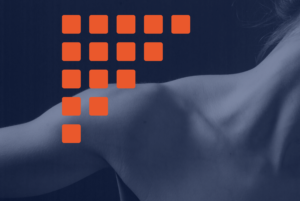
Congratulations to the winners of the 2022 T. David Sisk Award for Research Excellence
Professor Jean-Sébastien Roy’s scientific team, composed of Fábio Carlos Lucas de Oliveira, Benoit Pairot de Fontenay, Laurent Julien Bouyer and François Desmeules, won the Sports Health’s 2022 T. David Sisk Award for best original research article for its publication entitled “Kinesiotaping for the Rehabilitation of Rotator Cuff-Related Shoulder Pain: A Randomized Clinical Trial”. This award is given to the most outstanding original research paper of all those published in Sports Health in 2021.
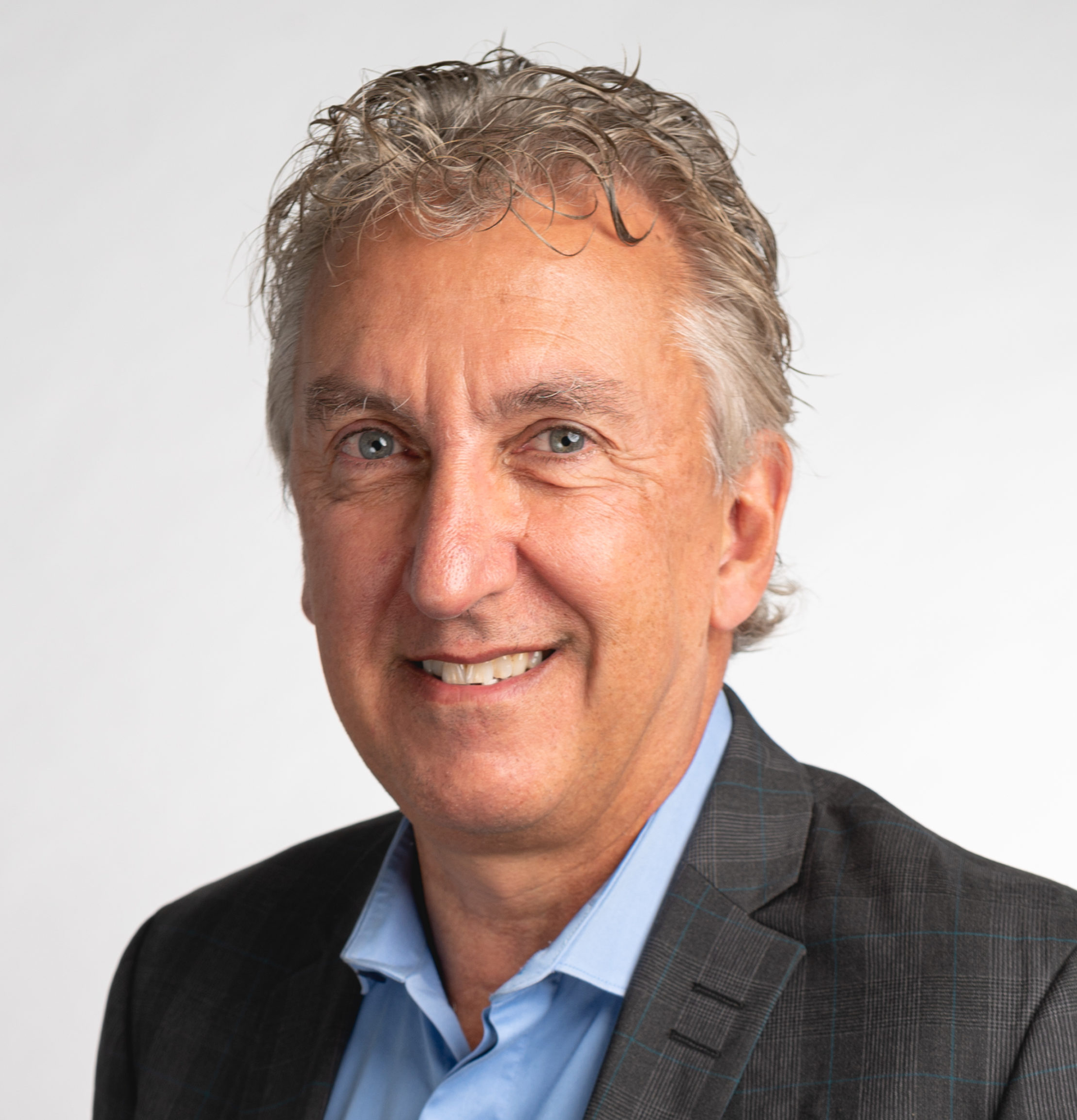
Luc J. Hébert will lead the Scientific Council of the The Chronic Pain Centre of Excellence for Canadian Veterans
The Cirris team would like to congratulate Professor Luc J. Hébert on his appointment as Director of Research Partnerships and Chair of the Scientific Council for the The Chronic Pain Centre of Excellence for Canadian Veterans (CPCoE). His mandate will be to provide leadership in the development and implementation of a research partnership strategy to identify institutions and individuals with relevant expertise in chronic pain research, both domestically and internationally, as well as in Veteran-focused research.
Luc J. Hébert is a full professor at the Department of Rehabilitation of the Faculty of Medicine at Université Laval and a regular researcher at Cirris.
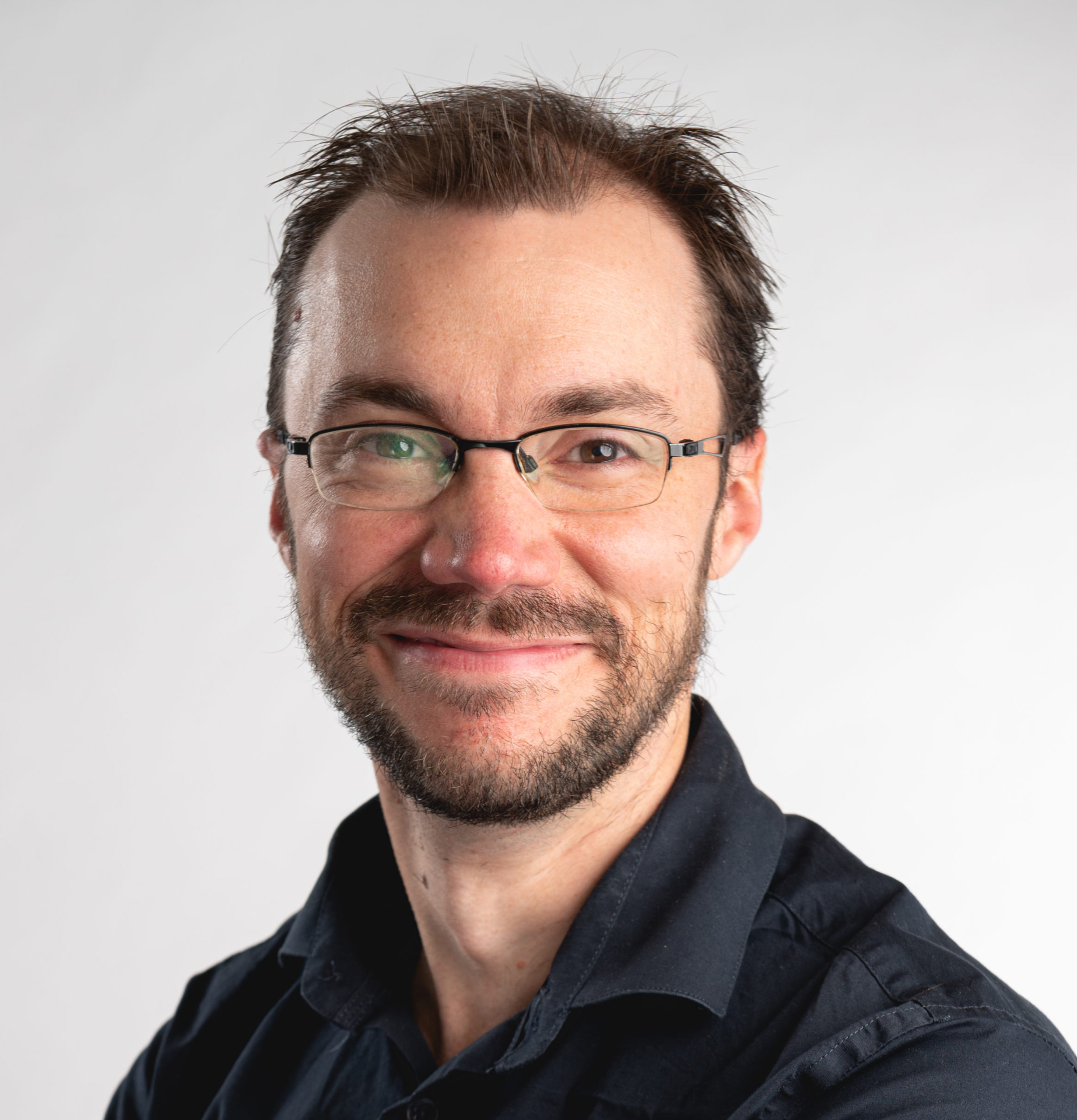
An electronic bracelet to prevent workplace injuries
Alexandre Campeau-Lecours, a professor in the Department of Mechanical Engineering at Université Laval and a regular researcher at Cirris, developed with his team an electronic bracelet to counter injuries due to repetitive movements in the workplace. Listen to his interview (in French) on the subject on Radio-Canada’s Première Heure.
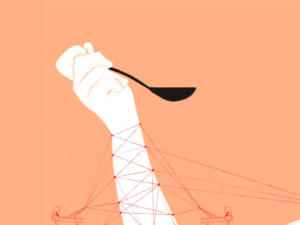
Mechatronics at the service of rehabilitation
Developing technologies to make life easier for people with disabilities is part of Cirris’ mission. The team of Alexandre Campeau-Lecours, professor at the Faculty of Science and Engineering at Université Laval and a regular researcher at Cirris, is working to develop products that can overcome different movement disorders, particularly for eating and writing aids. Read the full article (in French) published on the subject in La Presse.
ILLUSTRATION: Julien Chung, La Presse
